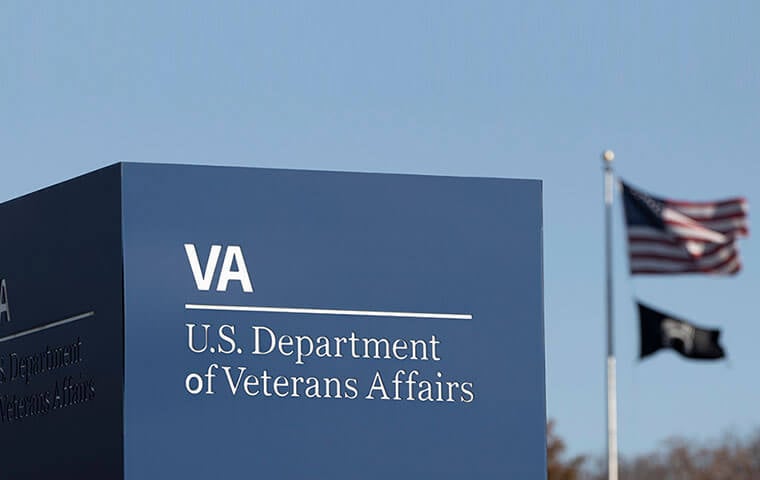 Image: Jonathan Weiss/Shutterstock.com
By: FEDweek Staff
Image: Jonathan Weiss/Shutterstock.com
By: FEDweek StaffThe Department of Veterans Affairs has established both a web site – VSAFE.gov – and a toll-free telephone number – 1-833-38V-SAFE (1-833-388-7233), to educate veterans and their families about scams targeting their benefits, and serve as a clearinghouse to report fraud or suspected fraud.
Through the web site and phone number, veterans can get information about fraud schemes and tools to protect themselves. Additionally, they can gain access for reporting such incidents and getting help. Cooperative agencies include: the Consumer Financial Protection Bureau; Departments of Defense, State and Education; Federal Communications Commission; Federal Trade Commission; Internal Revenue Service; Office of Management and Budget; and Social Security Administration.
“We know that more veterans than ever before are now receiving VA benefits, which sadly means that more bad actors are trying to steal those benefits,” said VA Secretary Denis McDonough. “That’s why we’re launching these tools: to give these heroes every tool at the federal government’s disposal to protect themselves and their families.”
Types of Fraud
Direct Deposit/Payment Redirection: A bad actor obtains Personal Identifiable Information (PII) and uses that information to unlawfully access and gain control of Veterans’ and beneficiaries’ accounts.
Identity Theft: A scammer gains access to valuable, sensitive information, such as credit card numbers, for their own personal use or to resell on the dark web.
Phishing: A common online scam where an imposter creates a fake online persona to deceive Veterans and their beneficiaries to provide PII.
Email: A common type of scam in which a fraudster sends a fake email, often promoting a contest or reward, to trick a user into clicking on a malware link or obtain sensitive PII.
Phone: A scammer pretends to be someone you trust and will try to get your money or your personal information to commit identity theft.
Spoofing: A caller disguises the information shown on caller ID, giving them the ability to disguise or “spoof” the name and/or number to appear as though they are calling as a certain person from a specific location.
Wired: A type of fraud that involves the use of some form of telecommunications or the internet.
Forgery: The action of forging or producing a copy of a document, signature, banknote, or work of art.
Malware: One of the top cyber schemes used by bad actors to infect computers. They may even hold your computer “hostage” with malware until you agree to pay a ransom – this type of malware is also known as “ransomware”.
Source: https://benefits.va.gov/
Shutdown Stalls Hegseth’s Reforms on Two Fronts as Pentagon Accelerates Cuts
Army Issues New Grooming Policy
Pentagon Orders New Task Force, Disbands Counter‑Drone Office
Trump to move Space Command headquarters out of Colorado
Civilian FERS Now? How to Buy Back Your Military Time if You Stand to Gain
Credit for Military Service for Federal Retirement Annuities

